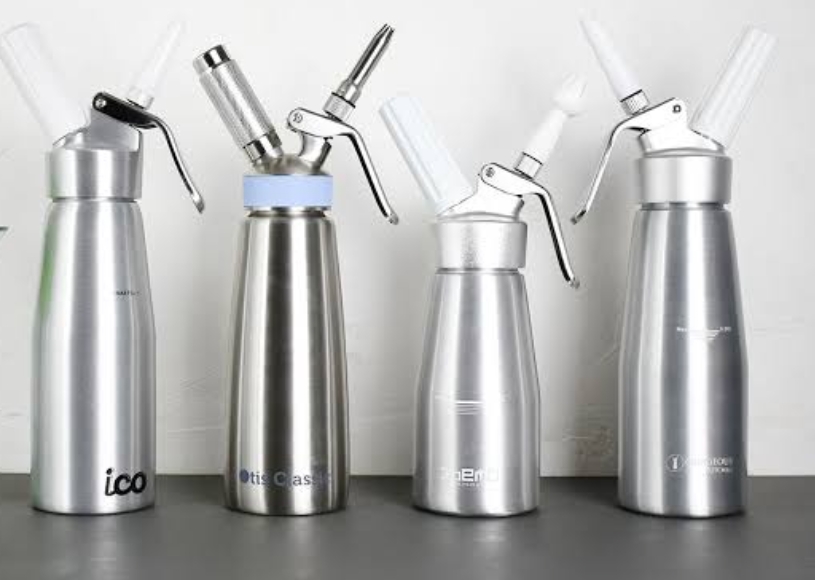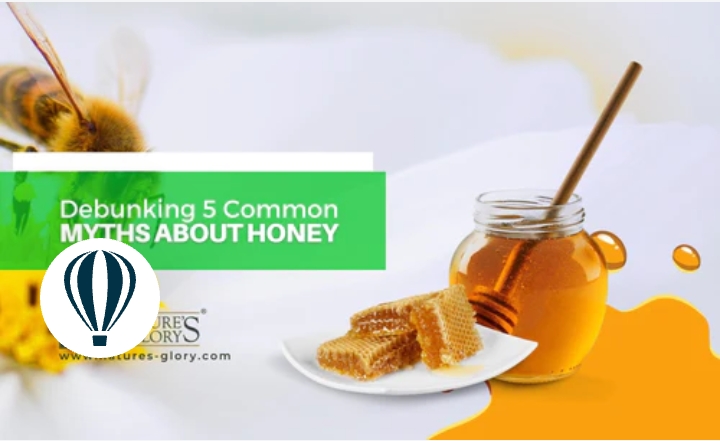Unearthing the Origins: The Intriguing History of Ceylon Orange Pekoe Tea

Ceylon Orange Pekoe tea, a staple in the world of tea connoisseurs, offers a rich tapestry of history and flavor that beckons the curious and the devoted alike. Originating from the lush hills of Sri Lanka, known historically as Ceylon, this exquisite tea carries with it a narrative of colonial influence and local expertise. As we delve into the Orange Pekoe history, we’ll uncover how the unique climate and geography of the region have contributed to the distinctive character of Ceylon tea. From its inception in the 19th century to its status in today’s global tea appreciation, Ceylon tea embodies a heritage that continues to captivate and inspire. Join us as we explore the fascinating tea origins and the enduring legacy of Sri Lankan tea that has made its mark worldwide.
Exploring Tea Origins
The journey of Ceylon Orange Pekoe tea begins with the rich history of tea cultivation in Sri Lanka. This section delves into the roots of this beloved beverage and its early development in the region.
The Birth of Ceylon Tea
Ceylon tea’s story starts in the mid-19th century, amidst the lush landscapes of Sri Lanka. The island’s tropical climate and varied elevations created the perfect conditions for tea cultivation.
In 1867, James Taylor, a Scottish planter, established the first tea plantation in Kandy. This marked the beginning of a new era for Sri Lanka’s agriculture and economy.
The transition from coffee to tea was not just a agricultural shift, but a cultural one. It transformed the island’s identity and set the stage for its future as a tea-producing powerhouse.
Early Days of Sri Lankan Tea
The early days of Sri Lankan tea production were marked by rapid growth and innovation. Planters experimented with different varieties and processing techniques to create unique flavors.
By the 1880s, Ceylon tea had gained recognition in international markets. The island’s teas were prized for their distinct character, influenced by the diverse growing regions across the country.
The establishment of the Colombo Tea Auction in 1883 further solidified Sri Lanka’s position in the global tea trade. This auction system, still in use today, became a cornerstone of the industry.
The Rise of Orange Pekoe
As Ceylon tea gained popularity, the term “Orange Pekoe” emerged as a mark of quality. This section explores the history behind this classification and its significance in Ceylon’s tea heritage.
Unveiling Orange Pekoe History
The term “Orange Pekoe” has an intriguing history that’s often misunderstood. Contrary to popular belief, it doesn’t refer to the flavor or presence of orange in the tea.
Orange Pekoe actually describes a grade of black tea consisting of full leaves of a specific size. The “orange” in the name is thought to come from the Dutch House of Orange-Nassau, which may have played a role in early tea trade.
In Ceylon, Orange Pekoe became associated with high-quality teas, particularly those from the island’s higher elevations. This grading helped establish Ceylon’s reputation for premium teas.
Ceylon Heritage and Global Reach
Ceylon’s tea heritage quickly spread beyond its shores, captivating tea lovers worldwide. The unique characteristics of Ceylon Orange Pekoe made it a favorite among connoisseurs.
British tea companies played a significant role in promoting Ceylon tea globally. Their marketing efforts helped create a strong association between quality tea and the Ceylon name.
Today, Sri Lankan tea, especially its Orange Pekoe varieties, continues to be a symbol of the country’s rich agricultural heritage and craftsmanship in tea production.
Global Tea Appreciation
The influence of Ceylon tea extends far beyond Sri Lanka’s borders. This section examines how Ceylon Orange Pekoe has shaped global tea culture and continues to be a significant player in the international tea market.
The Impact of Ceylon Tea Worldwide
Ceylon tea has left an indelible mark on global tea culture. Its distinctive flavor profile and consistent quality have made it a favorite in many tea-drinking nations.
In the UK, Ceylon tea became a staple in the popular “English Breakfast” blend. Its robust character complemented milk and sugar, aligning perfectly with British tea-drinking habits.
Middle Eastern countries developed a particular fondness for Ceylon teas. The strong, bright liquor of Ceylon Orange Pekoe became an integral part of social gatherings and hospitality traditions in these regions.
Continuing Legacy of Sri Lankan Tea
Despite changes in the global tea market, Sri Lankan tea continues to hold a special place. The industry has adapted to modern demands while maintaining its commitment to quality.
Sustainability and ethical production have become key focus areas. Many Sri Lankan tea estates now hold certifications for organic farming and fair trade practices.
The future of Ceylon tea lies in its ability to balance tradition with innovation. As consumer preferences evolve, Sri Lankan tea producers are exploring new flavors and formats while preserving the essence of their centuries-old craft.
You can buy a wide selection on ceylon orange pekoe tea from Yarra Valley Impex Australia.





